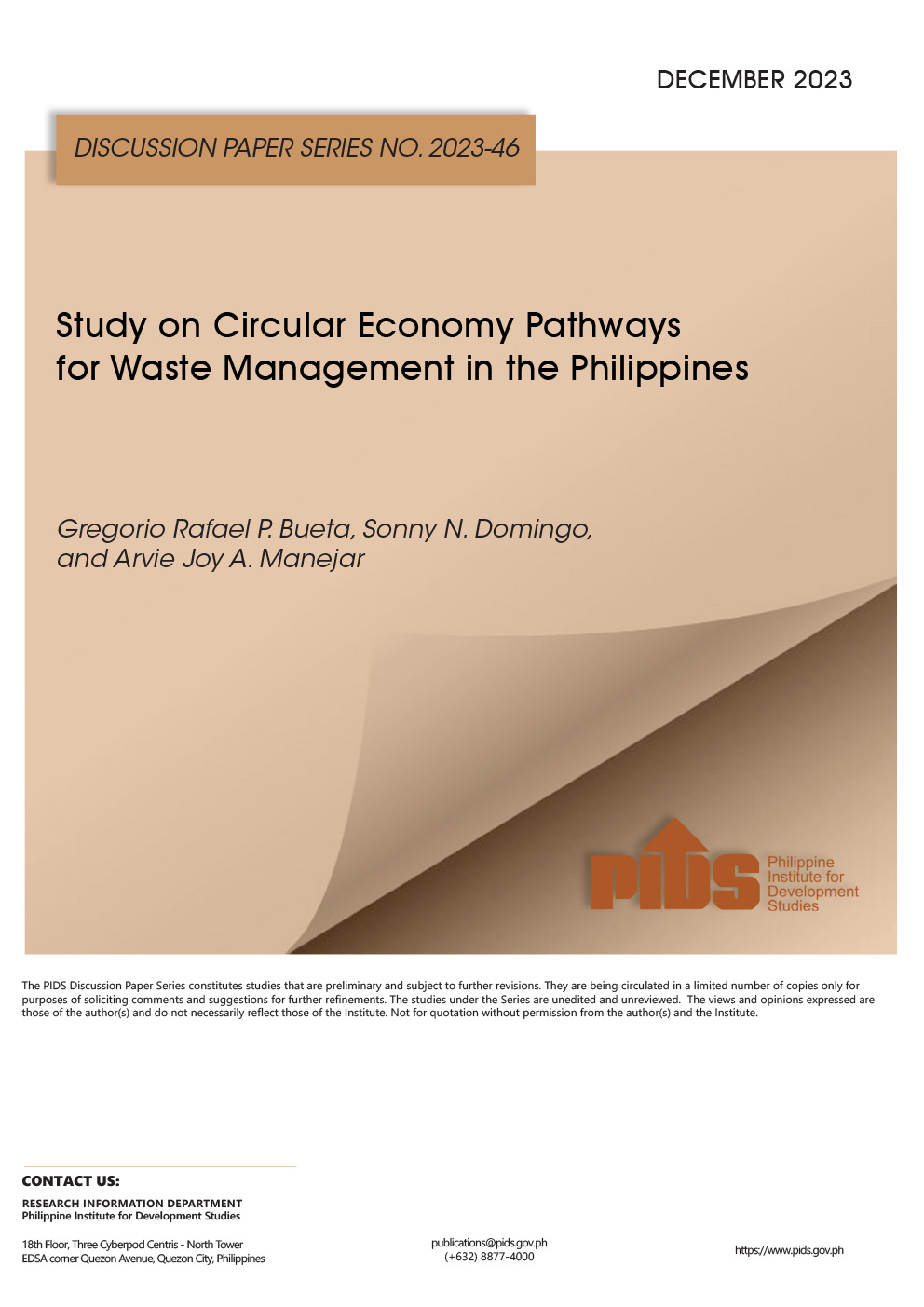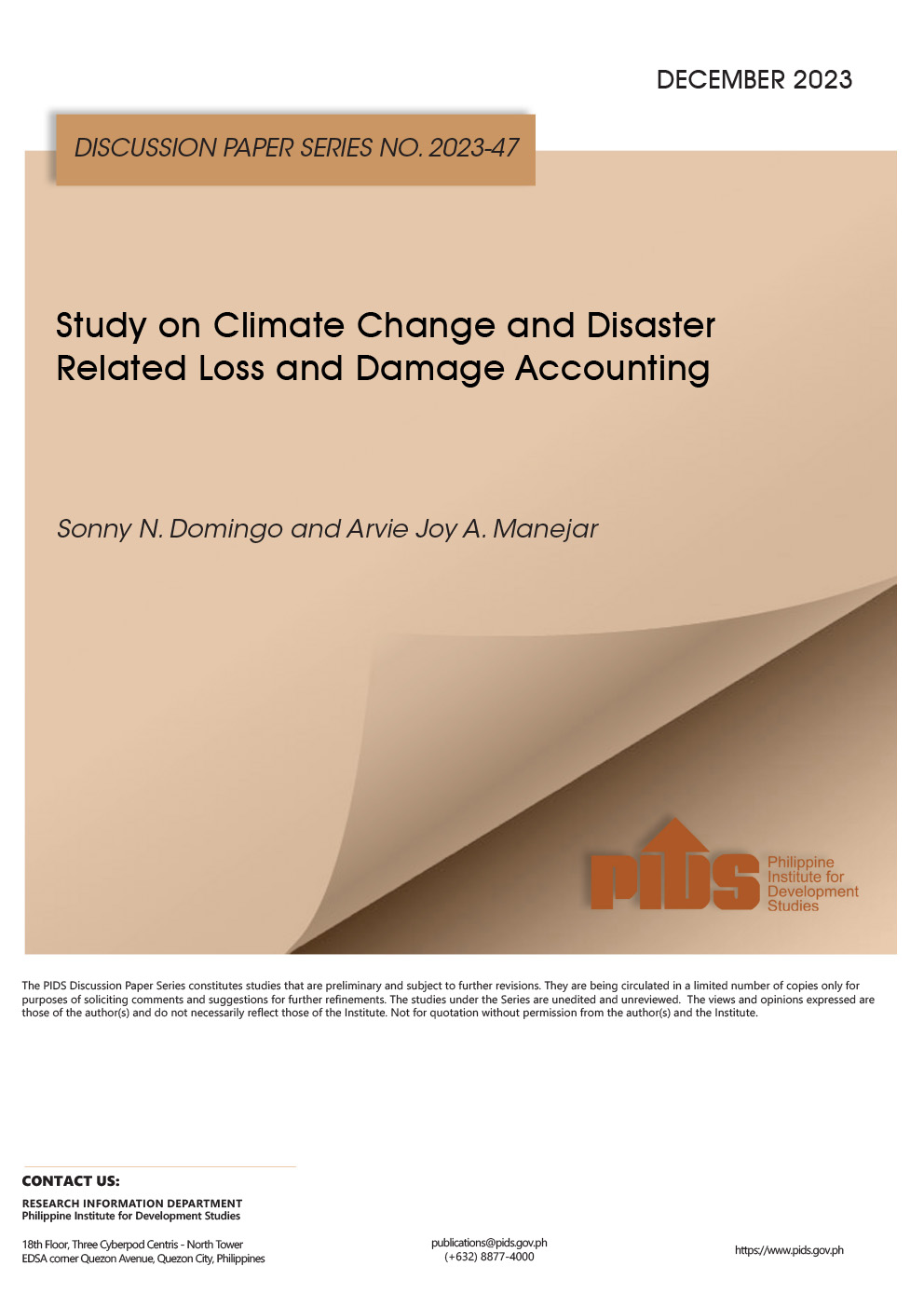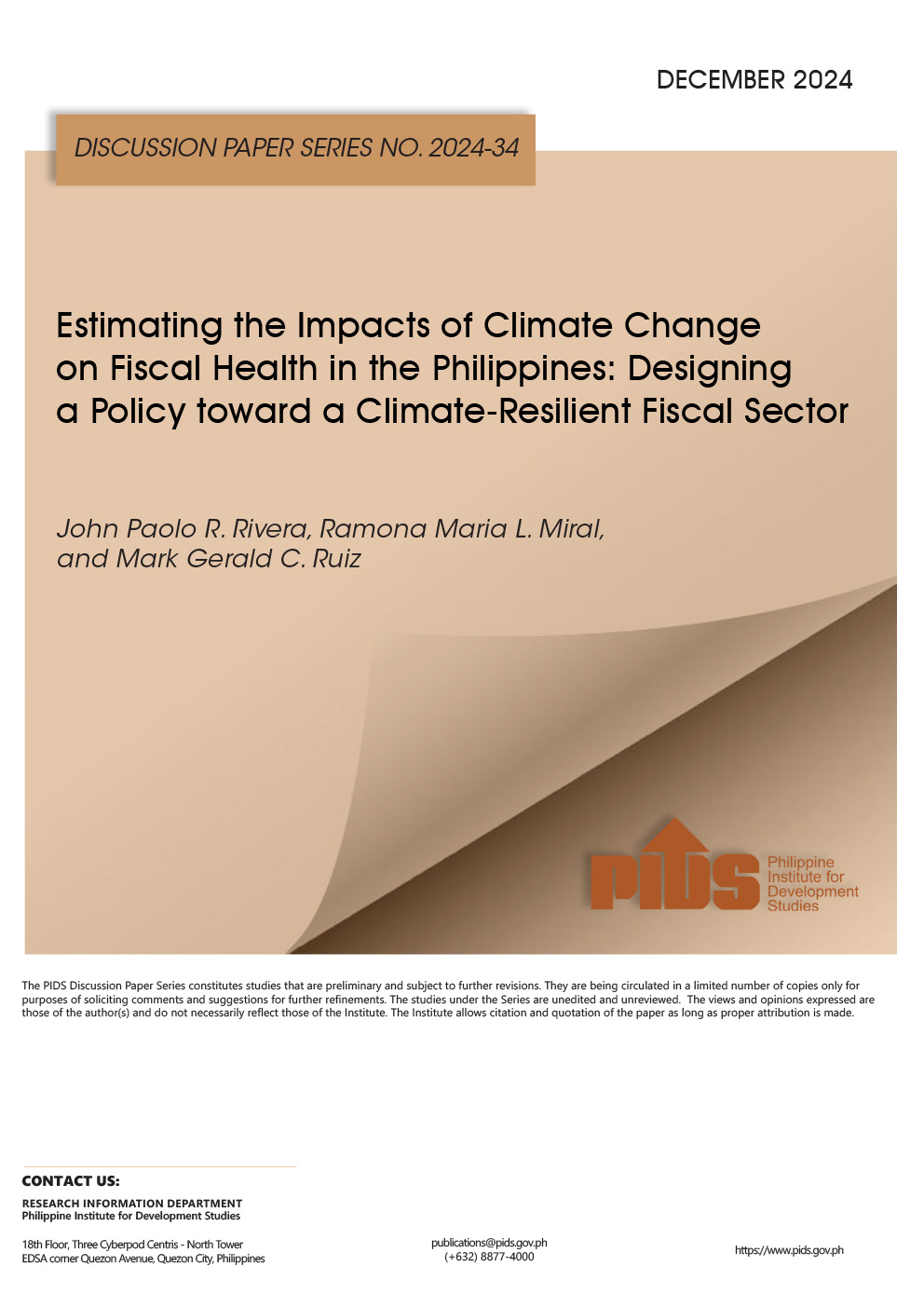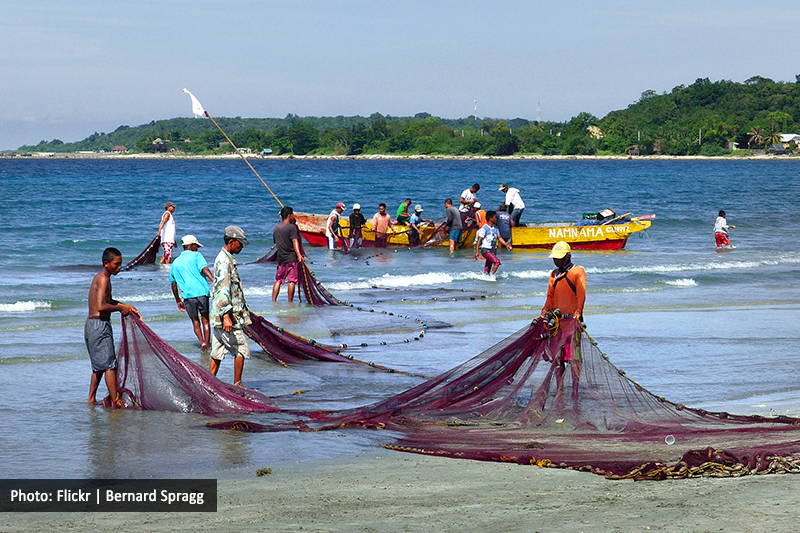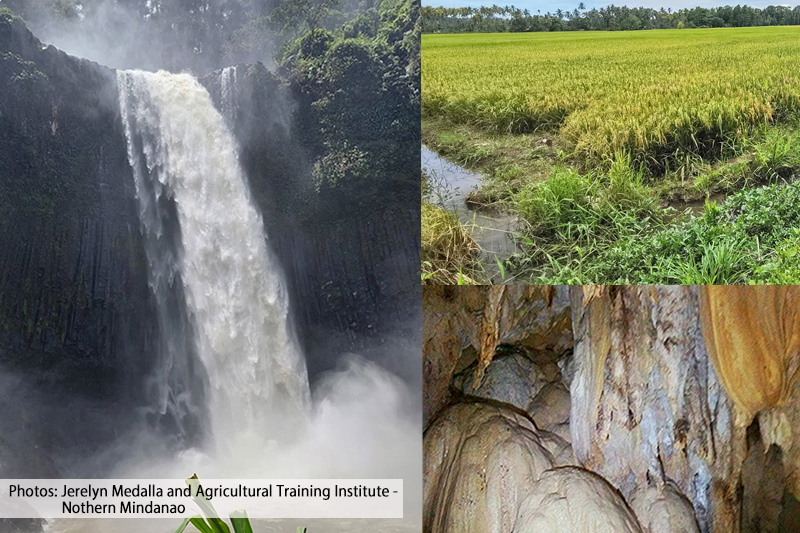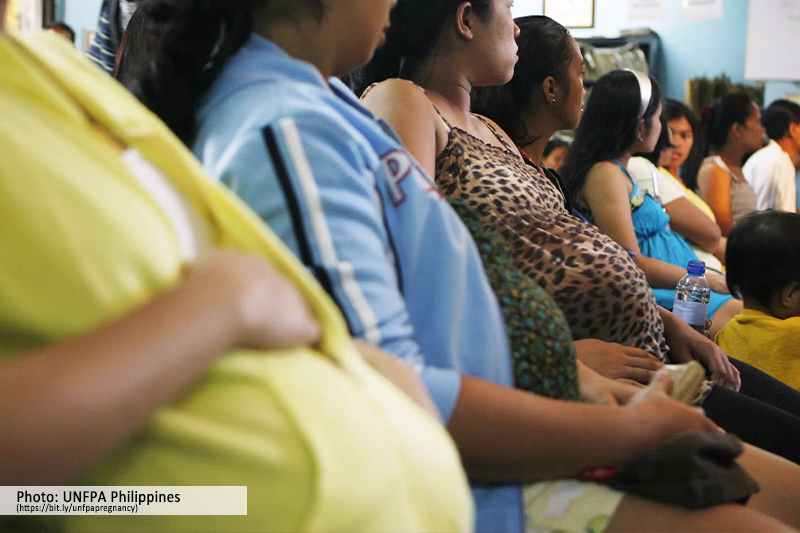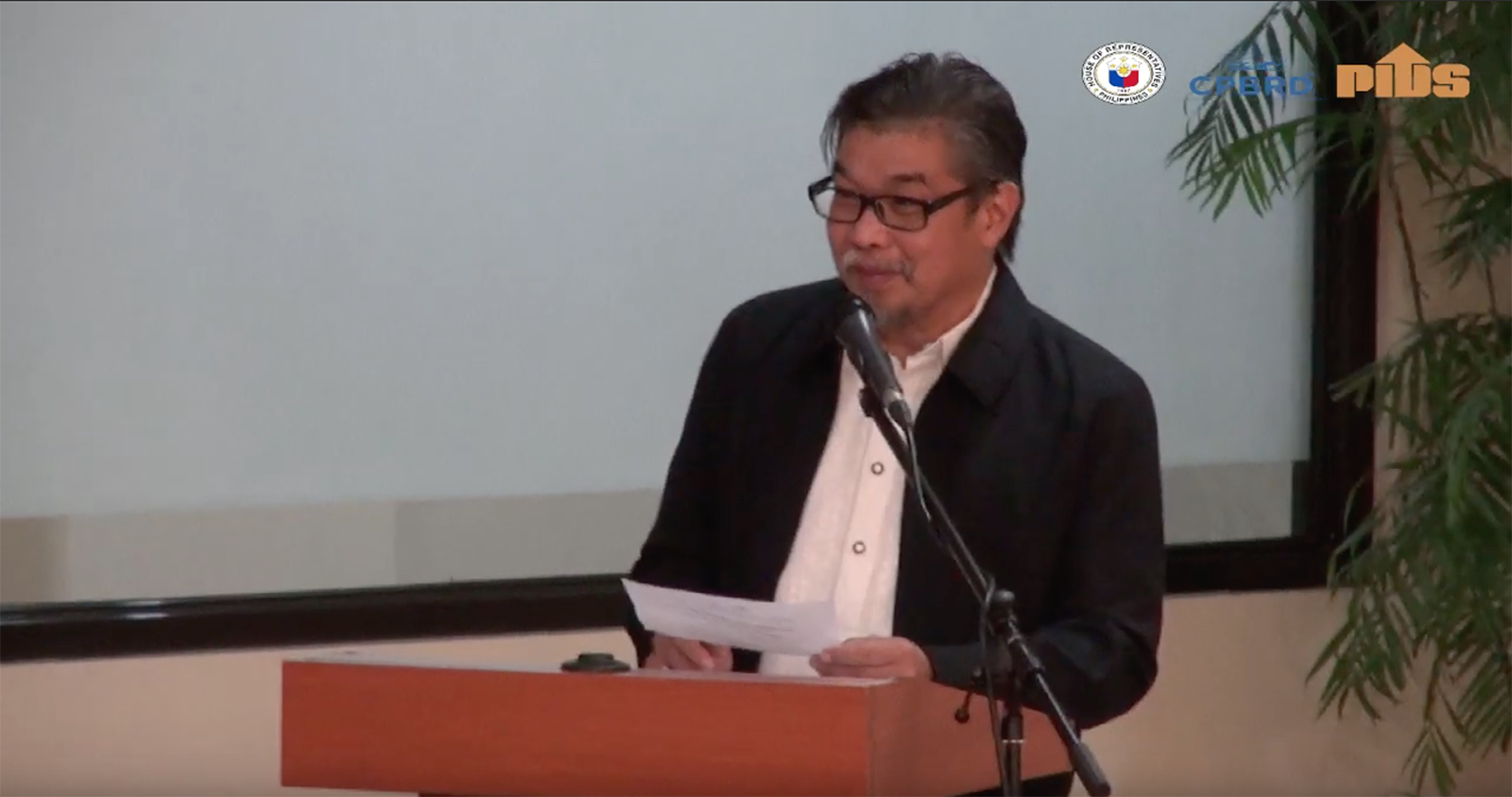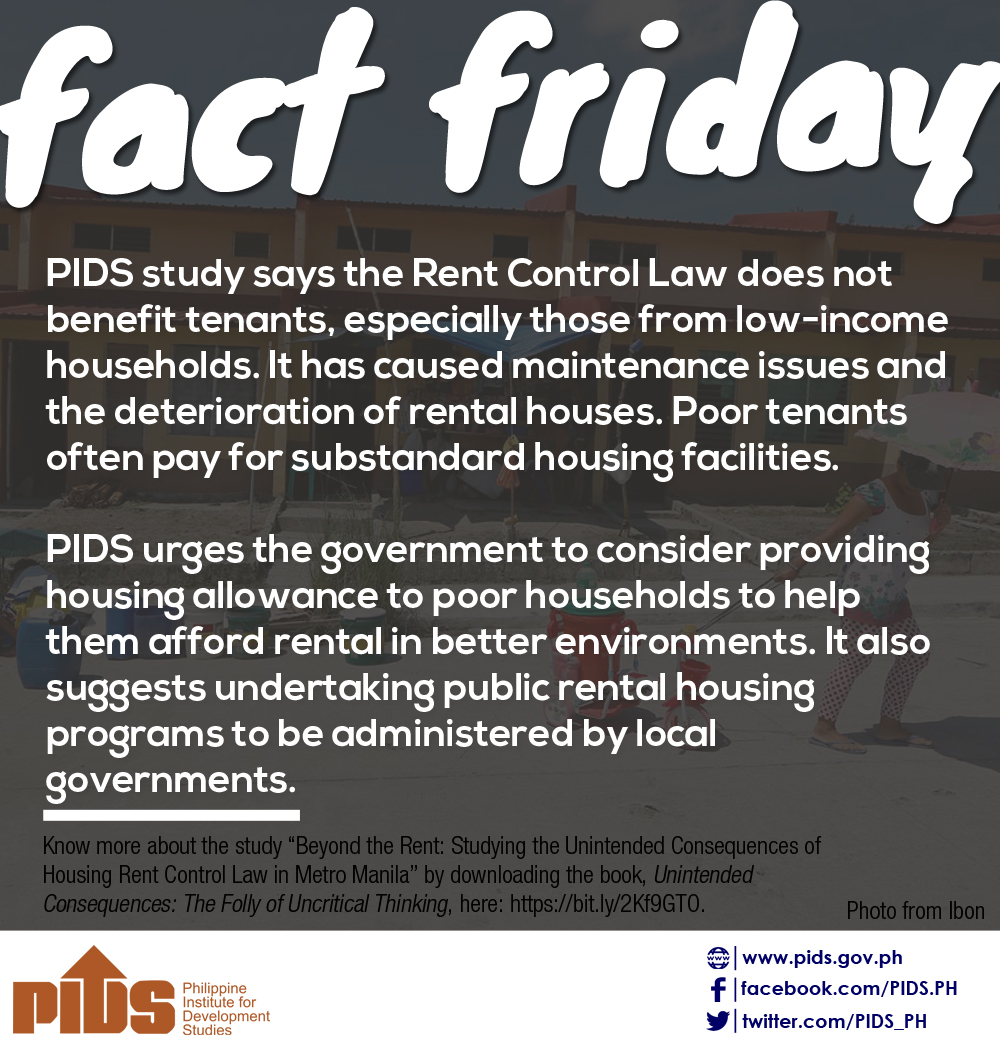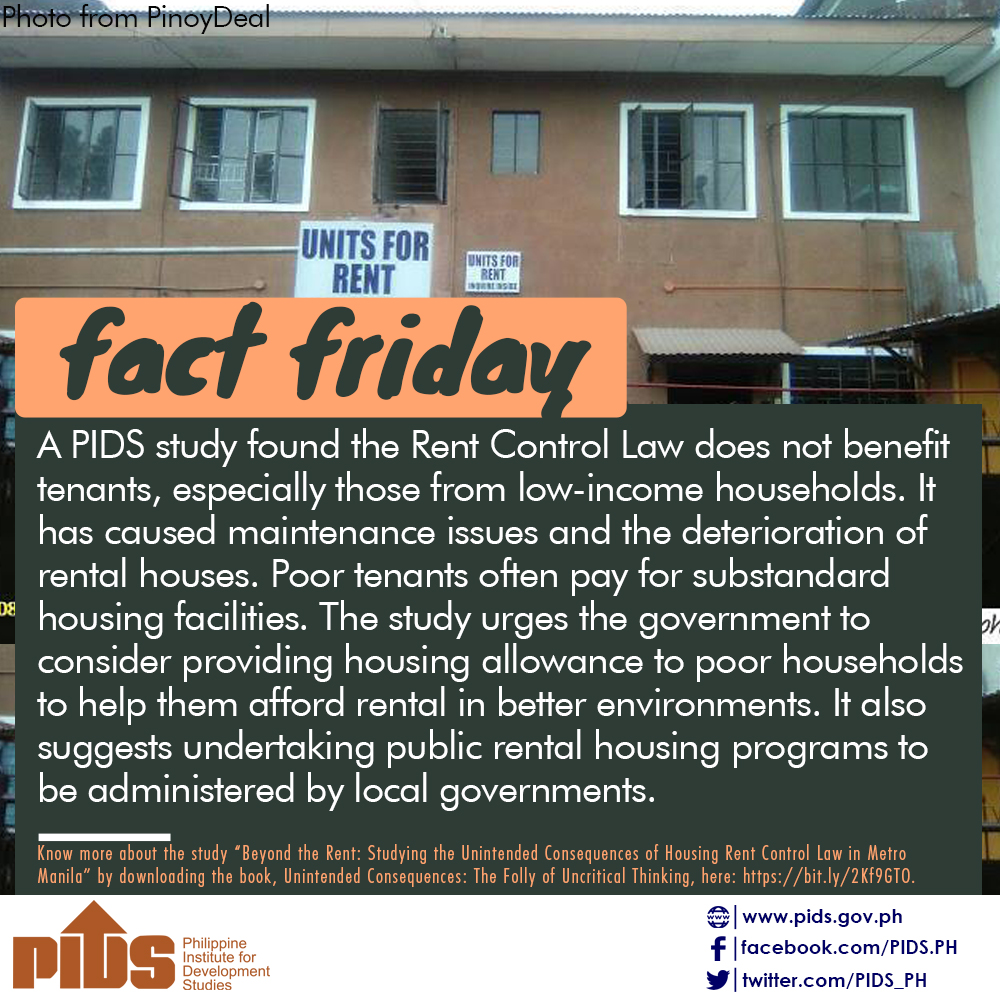LOCAL economists and stakeholders are hoping that many of the amendments contained in the House of Representatives version of the Public Service Act (PSA) would be retained in the final version of the law.
These amendments include two additional criteria needed to provide justification in maintaining Filipino ownership. These two criteria are the maintenance of life or occupation of the public and providing adequate service on demand.
Marikina 2nd District Representative Stella Luz A. Quimbo said in her discussion that this will help address concerns raised by stakeholders, such as the University of the Philippines Marine Science Institute, on the possible destruction of natural resources by foreign investors.
“I think there’s little from Economics that can help us with this. Arguably, Economics is agnostic to where capital comes from. Capital is capital, regardless of where it comes from. So, I believe that the justification must be outside the purview of Economics,” Quimbo said. “I think that the most important of these is ‘maintenance of life,’ which I believe is synonymous to protection of life.”
In a recent forum of the UP School of Economics and Ayala Corporation, UP MSI’s Laura David initially expressed her misgivings on the PSA, particularly in efforts to liberalize maritime transport, on account of the destruction wrought by China on Philippine corals in the West Philippine Sea.
In her presentation, David said 40 percent of the country’s coral reefs are located in the West Philippine Sea but due to the incursion of China in the disputed waters, half of these reefs have already been destroyed.
However, given the explanation of Quimbo, David said this maintenance-of-life provision somehow assures them that the environment will be protected even if the government moves to liberalize maritime transport in the country.
“Yung sinabi ni Congressman Stella kanina, nandito yun sa bagong [What Rep. Stella said earlier, it’s here in the new] version for the inclusion of critical infrastructure,” David said in an interview with the BusinessMirror. “I hope this is also what the bicameral committee will approve including what Congressman Stella said earlier,” she added, partly in Filipino.
David also noted the recommendations of former Energy Secretary and National Economic and Development Authority (Neda) Deputy Director General Rafael Lotilla to maximize the country’s international trade agreements to protect the environment.
Lotilla told the BusinessMirror that stakeholders have legitimate concerns particularly on the impact of the PSA on security, the environment, and the overall “opening up” of the economy to foreign players. However, one way to address this is to limit the opening of these public services to Asean neighbors who share the same concerns as the Philippines.
This was explained in greater detail by Philippine Institute for Development Studies (PIDS) Senior Research Fellow Ramonette Serafica, who said that even if 100-percent foreign ownership will be allowed in certain public services, the country can actually allow international players from the Asean to have 70-percent ownership while others may given less.
Further, Serafica said developing a rules of origin (ROO) type of system to be put in place in terms of foreign investments in these public services will also help better protect the country’s security and environment.
These can be possible with the signing of trade agreements to ensure that stakeholder’s concerns will be protected. Serafica said since trade agreements are legally binding, sanctions can be imposed on violations committed by signatory countries.
This, she said, is the “rules-based” system that is in effect in trade pacts. If there are violations, aggrieved countries can file cases against violators in the context of these trade agreements.
“In the context of trade agreements, which are binding, we can have what they call ‘as water’ so for example, Asean, even though, let’s say, 100 percent is passed, for Asean we will commit only 70 percent. For Asean investors, they will have more confidence to invest within the context of an agreement because there’s security in the sense of a higher level of comfort, because its done in the context of the Asean community,” Serafica explained.
“I think it’s important we emphasize that there is capacity building, there is cooperation, so that’s a good thing about dealing with Asean first. If there’s this issue about violations, of course [it’s better] to start with the people you are comfortable with. I’m sure there is a way for that legally through international trade law, that that is feasible,” she added.
The amendments of the PSA, Serafica said in a presentation, could usher in three structural reforms—liberalizing services trade by relaxing foreign equity limitations; improving regulatory governance; and updating regulatory substances, which refer to specifics of the content of the regulation.
The PSA, Serafica said, will help improve the country’s openness to foreign direct investments. Part of the reason for this is the existing PSA, a law created in 1935.
Currently, based on data from the OECD, the Philippines is the third most restrictive economy when it comes to foreign investments. The most restrictive economies are Libya and the Palestinian Authority.

